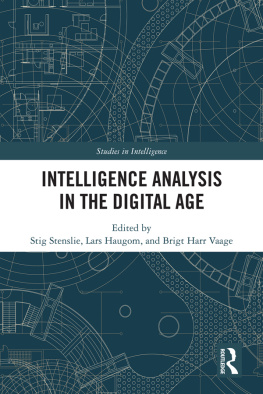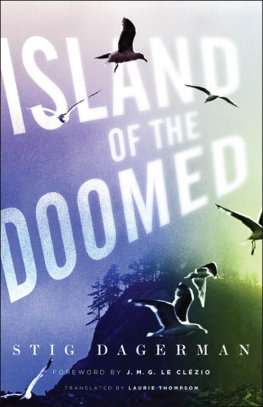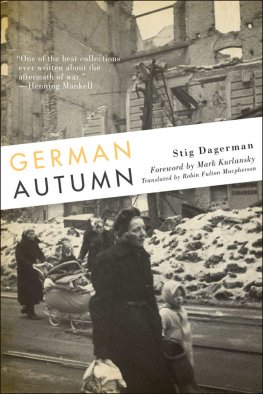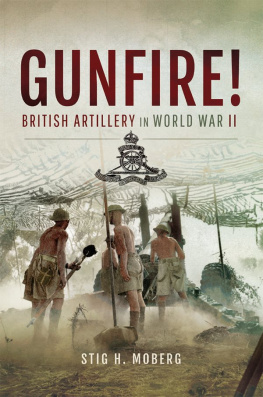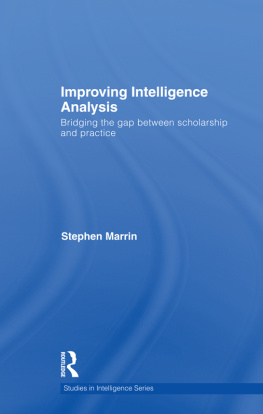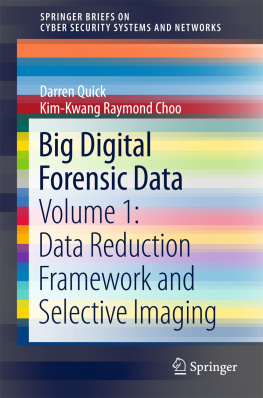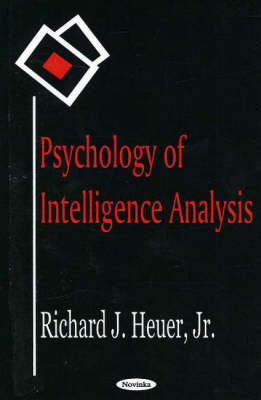I am honored to provide an endorsement for Intelligence Analysis in the Digital Age. Sponsored by my close colleague and treasured friend, Kjell Grandhagen, this work is a masterful treatise on the subject of intelligence, and I consider it a must-read for either the interested citizen or expert practitioner whether Norwegian or American.
James R. Clapper, Former US Director of National Intelligence
Intelligence Analysis in the Digital Age
This book examines intelligence analysis in the digital age and demonstrates how intelligence has entered a new era.
While intelligence is an ancient activity, the digital age is a relatively new phenomenon. This volume uses the concept of the digital age to highlight the increased change, complexity, and pace of information that is now circulated, as new technology has reduced the time it takes to spread news to almost nothing. These factors mean that decision-makers face an increasingly challenging threat environment, which in turn increases the demand for timely, relevant, and reliable intelligence to support policymaking. In this context, this book demonstrates that intelligence places greater demands on analysis work, as the traditional intelligence cycle is no longer adequate as a process description. In the digital age, it is not enough to accumulate as much information as possible to gain a better understanding of the world. To meet customers needs, the intelligence process must be centred around the analysis work which in turn has increased the demand for analysts. Assessments, not least predictions, are now just as important as revealing someone elses secrets.
This volume will be of much interest to students of intelligence studies, security studies, and international relations.
Stig Stenslie is Professor at the Center for Intelligence Studies at the Norwegian Defence Intelligence School (NORDIS), Norway.
Lars Haugom is Senior Adviser at the Norwegian Defence Establishment.
Brigt Harr Vaage is Director of Operations in the Norwegian Intelligence Service (NIS). He was Director of the NIS Analysis and Assessment Division (20142020).
Studies in Intelligence
General Editors: Richard J. Aldrich and Christopher Andrew
Ethics and the Future of Spying
Technology, national security and intelligence collection
Edited by Jai Galliott and Warren Reed
Intelligence Governance and Democratisation
A comparative analysis of the limits of reform
Peter Gill
The CIA and the Congress for Cultural Freedom in the Early Cold War
The limits of making common cause
Sarah Miller Harris
Understanding Intelligence Failure
Warning, response and deterrence
James J. Wirtz
Intelligence Elites and Public Accountability
Relationships of Influence with Civil Society
Vian Bakir
Intelligence Oversight in the Twenty-First Century
Accountability in a changing world
Edited by Ian Leigh and Njord Wegge
Intelligence Leadership and Governance
Building Effective Intelligence Communities in the 21st Century
Patrick F. Walsh
Intelligence Analysis in the Digital Age
Edited by Stig Stenslie, Lars Haugom, and Brigt Harr Vaage
For more information about this series, please visit: www.routledge.com/Studies-in-Intelligence/book-series/SE0788
First published 2022
by Routledge
2 Park Square, Milton Park, Abingdon, Oxon OX14 4RN
and by Routledge
605 Third Avenue, New York, NY 10158
Routledge is an imprint of the Taylor & Francis Group, an informa business
2022 selection and editorial matter, Stig Stenslie, Lars Haugom, and Brigt Harr Vaage; individual chapters, the contributors
The right of Stig Stenslie, Lars Haugom, and Brigt Harr Vaage to be identified as the authors of the editorial material, and of the authors for their individual chapters, has been asserted in accordance with sections 77 and 78 of the Copyright, Designs and Patents Act 1988.
All rights reserved. No part of this book may be reprinted or reproduced or utilised in any form or by any electronic, mechanical, or other means, now known or hereafter invented, including photocopying and recording, or in any information storage or retrieval system, without permission in writing from the publishers.
Trademark notice: Product or corporate names may be trademarks or registered trademarks, and are used only for identification and explanation without intent to infringe.
British Library Cataloguing-in-Publication Data
A catalogue record for this book is available from the British Library
Library of Congress Cataloging-in-Publication Data
A catalog record for this book has been requested
ISBN: 978-0-367-76697-9 (hbk)
ISBN: 978-0-367-76699-3 (pbk)
ISBN: 978-1-003-16815-7 (ebk)
Typeset in Times New Roman
by Apex CoVantage, LLC
Contents
Notes on contributors
Foreword
KJELL GRANDHAGEN
Acknowledgements
1 Introduction: an old activity in a new age
STIG STENSLIE, LARS HAUGOM, AND BRIGT HARR VAAGE
2 The historical backdrop
SIR DAVID OMAND
3 Intelligence as decision-making support
ESPEN BARTH EIDE
4 The necessity of experts
STIG STENSLIE
5 Open-source and social media intelligence
BJRNAR SVERDRUP-THYGESON AND VEGARD ENGESTH
6 Analysing with artificial intelligence
LARS HAUGOM, CATO YAAKOV HEMMINGBY, AND TORE PEDERSEN
7 Warning of hybrid threats
PATRICK CULLEN AND NJORD WEGGE
8 Futures and forecasting
KRISTIAN C. GUSTAFSON
9 Capturing the customers attention
LARS HAUGOM
10 Avoiding politicisation
WILHELM AGRELL
11 A professional code of ethics
KIRA VRIST RNN
12 Conclusion: towards an analyst-centric intelligence process
BRIGT HARR VAAGE AND KNUT MAGNE SUNDAL
Index
- Notes on contributors
- Foreword
- Acknowledgements
- 1 Introduction: an old activity in a new age
- 2 The historical backdrop
- 3 Intelligence as decision-making support
- 4 The necessity of experts
- 5 Open-source and social media intelligence
- 6 Analysing with artificial intelligence
- 7 Warning of hybrid threats
- 8 Futures and forecasting
- 9 Capturing the customers attention
- 10 Avoiding politicisation
- 11 A professional code of ethics
- 12 Conclusion: towards an analyst-centric intelligence process
- Index
- i
- x
- xi
- xii
- xiii
- xiv
- xv
- xvi
- xvii
- xviii
Guide
- Notes on contributors
- Foreword
- Acknowledgements
- Start of Content
- Index
Figure
1.1 The Intelligence Cycle
Boxes
1.1 Intelligence-collection disciplines
4.1 Typology of SAT techniques
6.1 Safety prerequisites for implementing artificial intelligence
9.1 Key elements of storytelling and intelligence analysis
Table
9.1 Standard for probability concepts in the Norwegian Intelligence Service
Wilhelm Agrell is Professor of Intelligence Analysis at Lund University. He has written several books on security policy and intelligence. Together with Gregory F. Treverton, in 2015 he published the book

